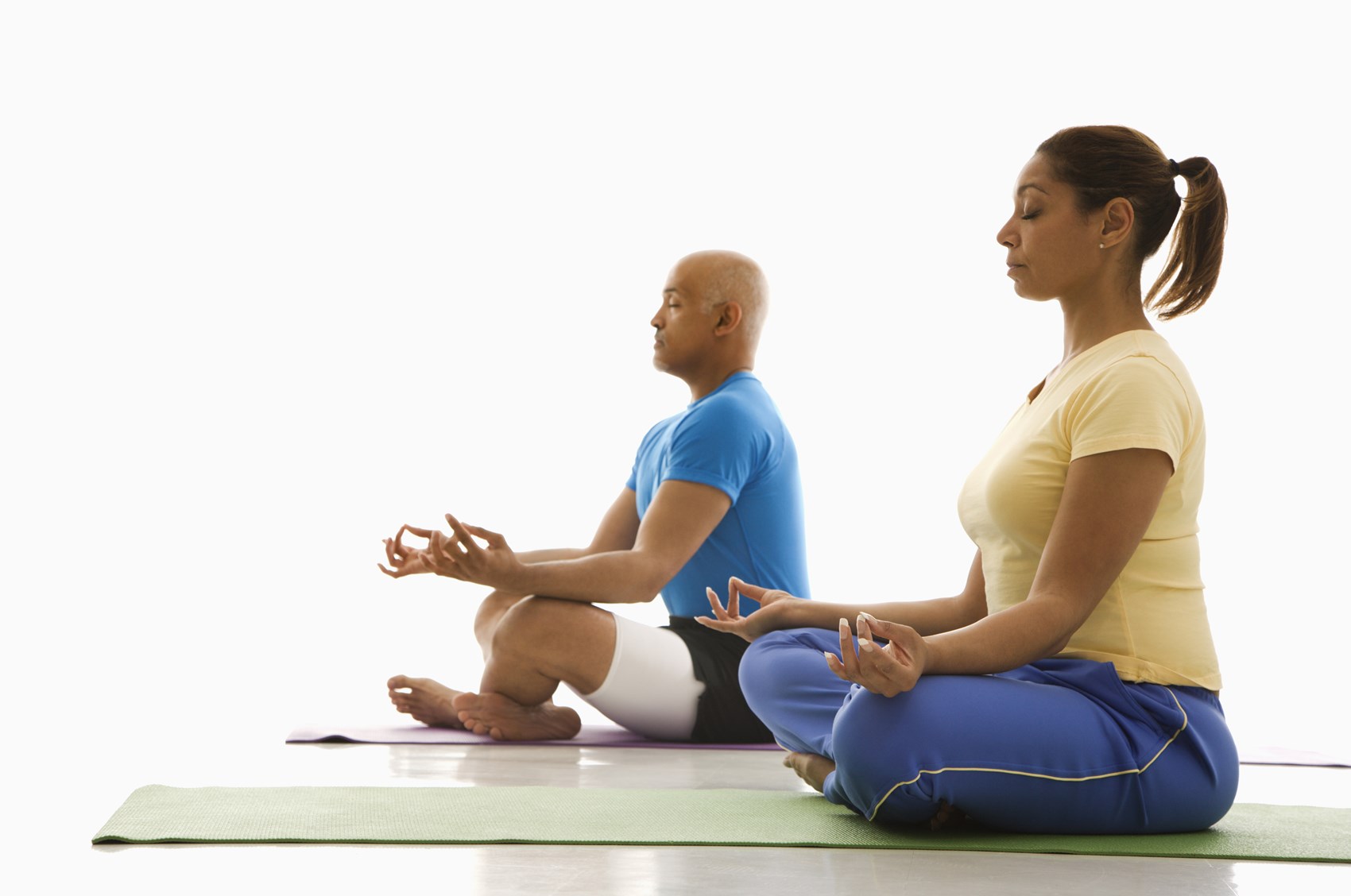Be part of the solution and make a difference

Anyone with psoriasis will be aware that flares are strongly associated with stress and anxiety and there is compelling scientific evidence to support this common observation. For this reason, there is growing interest in various forms of meditation or, to give it its modern spin, ‘mindfulness’, in the treatment of a wide array of chronic diseases, including psoriasis. One of these meditative practices, is yoga.
Yoga is an extremely popular multi-million-pound industry with over 300 million practitioners worldwide and more than 500,000 in the UK. Many people turn to yoga as a form of exercise to improve flexibility, breathing and muscle tone. Traditionally, the purpose of yoga was self-realization and personal growth, but today yoga as therapy is beginning to emerge as a sub-specialty within the wider discipline of yoga practice. In particular, by reducing stress and anxiety, the meditative component in yoga practice, may be of benefit in many chronic inflammatory diseases – psoriasis among them. Two recent studies lend support to this idea.
The first study investigated the effects of meditation, or mindfulness-based interventions such as yoga on a group of healthcare workers. Researchers at two hospitals in Rome, recruited 40 subjects, who then participated in a 4-week yoga and mindfulness course. Four questionnaires designed to assess various psychological components of the participants – including anxiety – were administered at different times. Results showed that yoga and mindfulness practices, are an effective way to reduce stress and anxiety in healthcare workers, enabling them to cope more effectively with stressful work demands.
A second study was a systematic review of all the studies which have attempted to specifically investigate the effect of mindfulness/meditation on psoriasis. In summary, of six randomised trials, five reported significant improvements in self-reported psoriasis symptom scores after 8-12 weeks of medication/mindfulness interventions. Overall, the evidence clearly suggests that meditation can be used as a tool to improve both psoriasis severity and patient quality of life – at least in the short term.
Conclusion
Whilst the evidence for benefit is still limited, what evidence we have suggests a useful role for yoga and mindfulness practices in the management of psoriasis. So, if you are looking for a way to enhance your mood, improve your flexibility and muscle tone and improve your psoriasis, why not give yoga a try?
References
- La Torre G, Raffone A, Peruzzo M, et al. Yoga and Mindfulness as a Tool for Influencing Affectivity, Anxiety, Mental Health, and Stress among Healthcare Workers: Results of a Single-Arm Clinical Trial. J Clin Med. 2020 Apr; 9(4): 1037.
- Bartholomew E, Chung M, Yerushalmi S et al. Mindfulness and Meditation for Psoriasis: A Systematic Review. Dermatol Ther (Heidelb) 2022; 12: 2273–2283.
